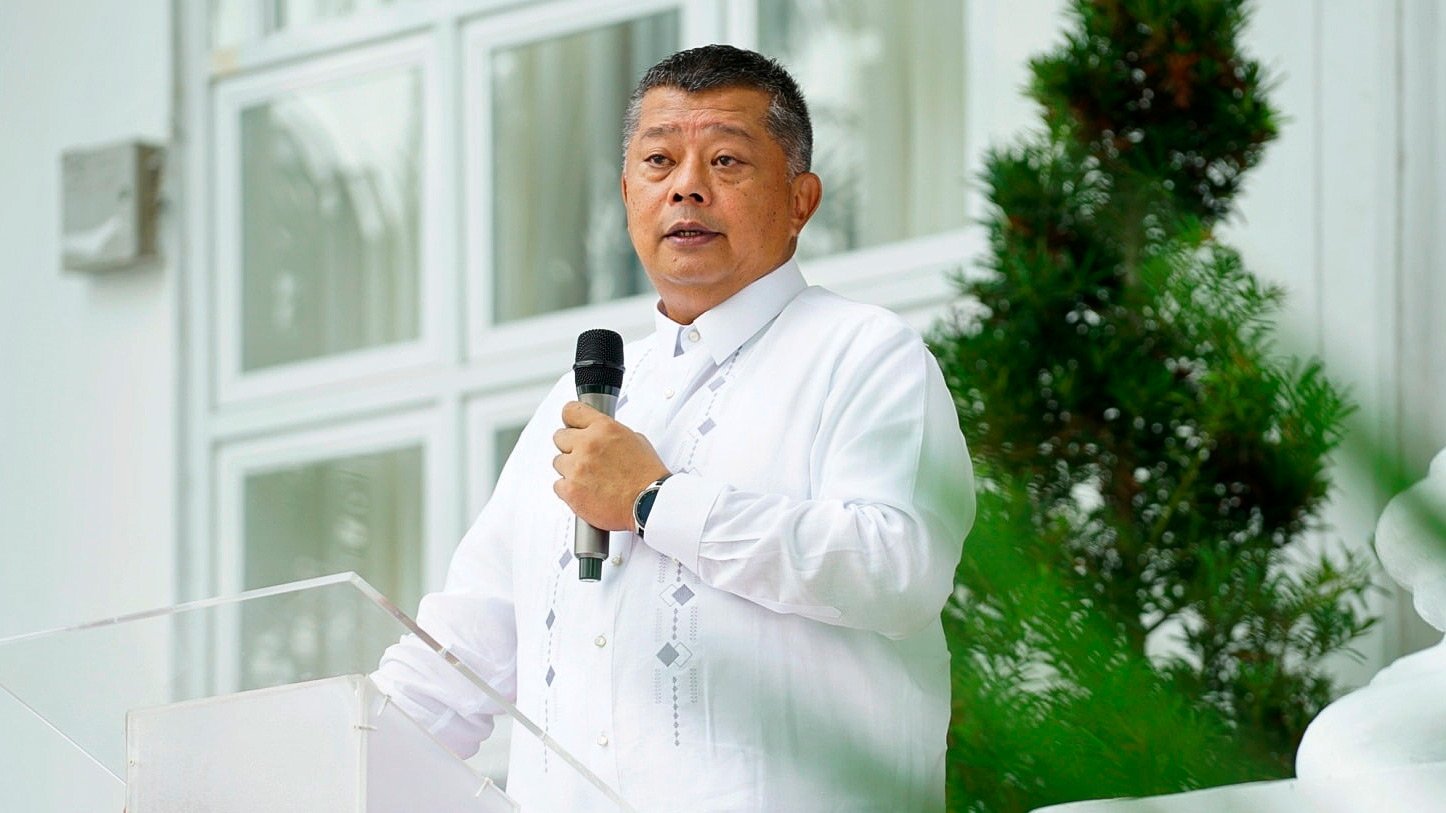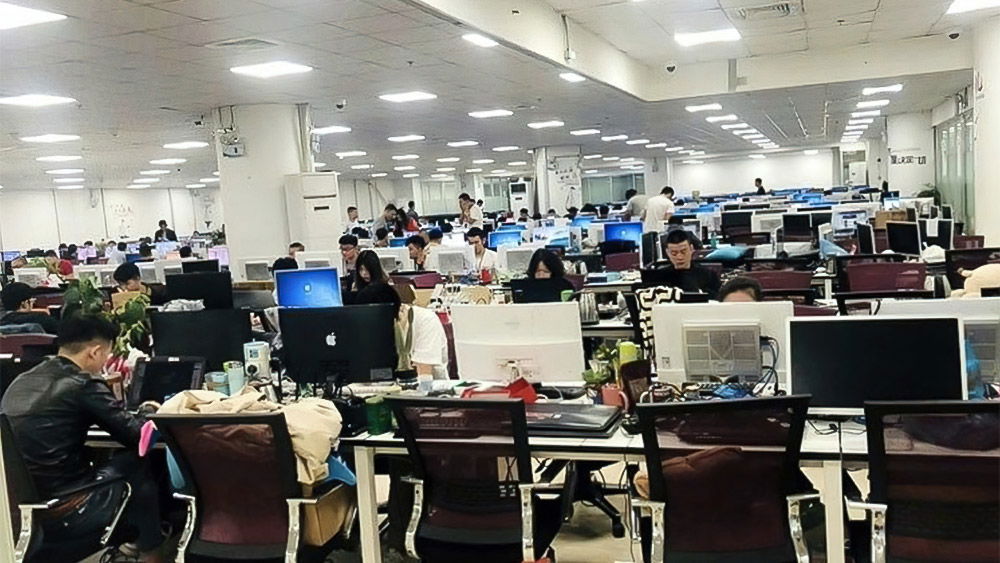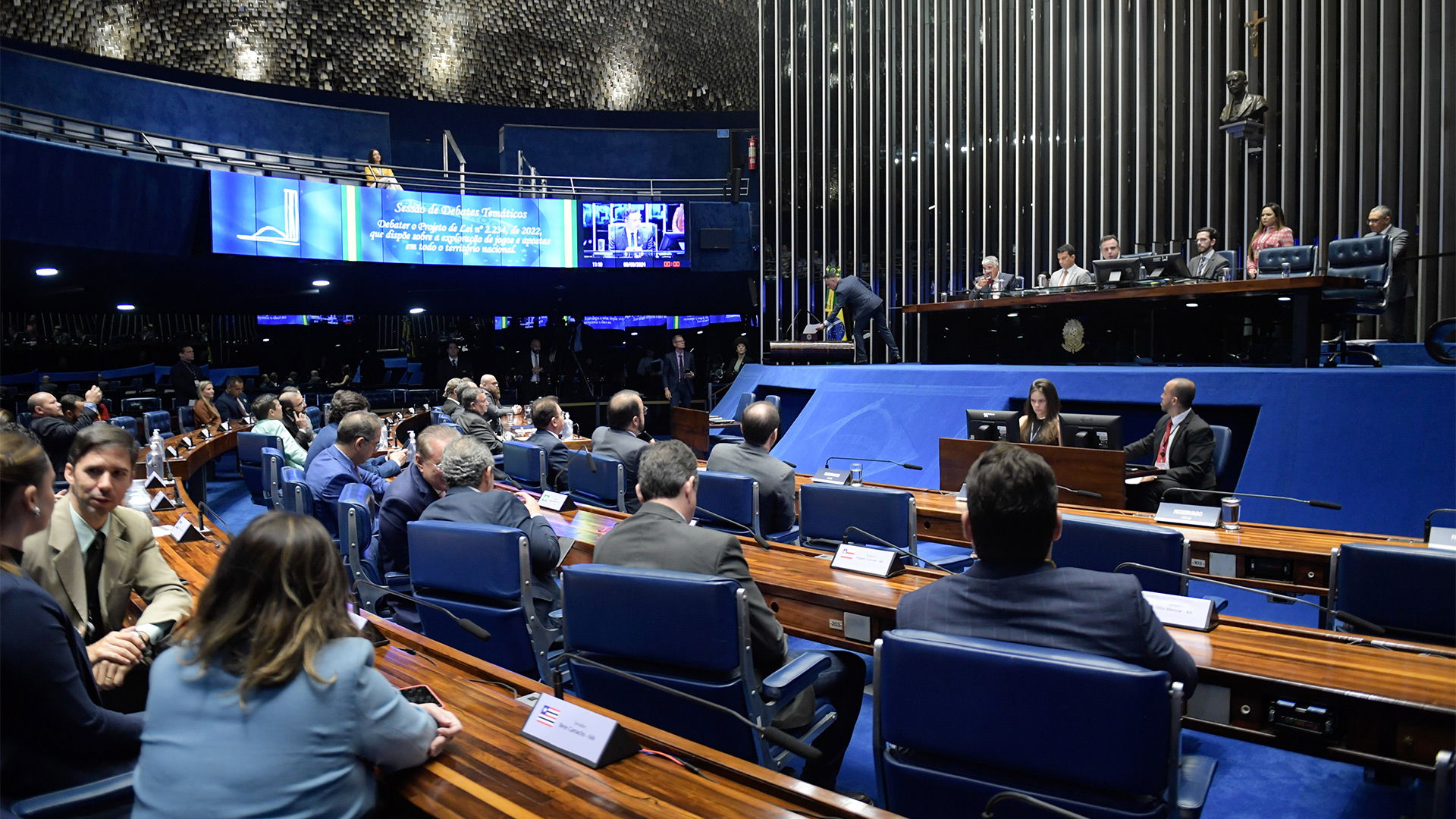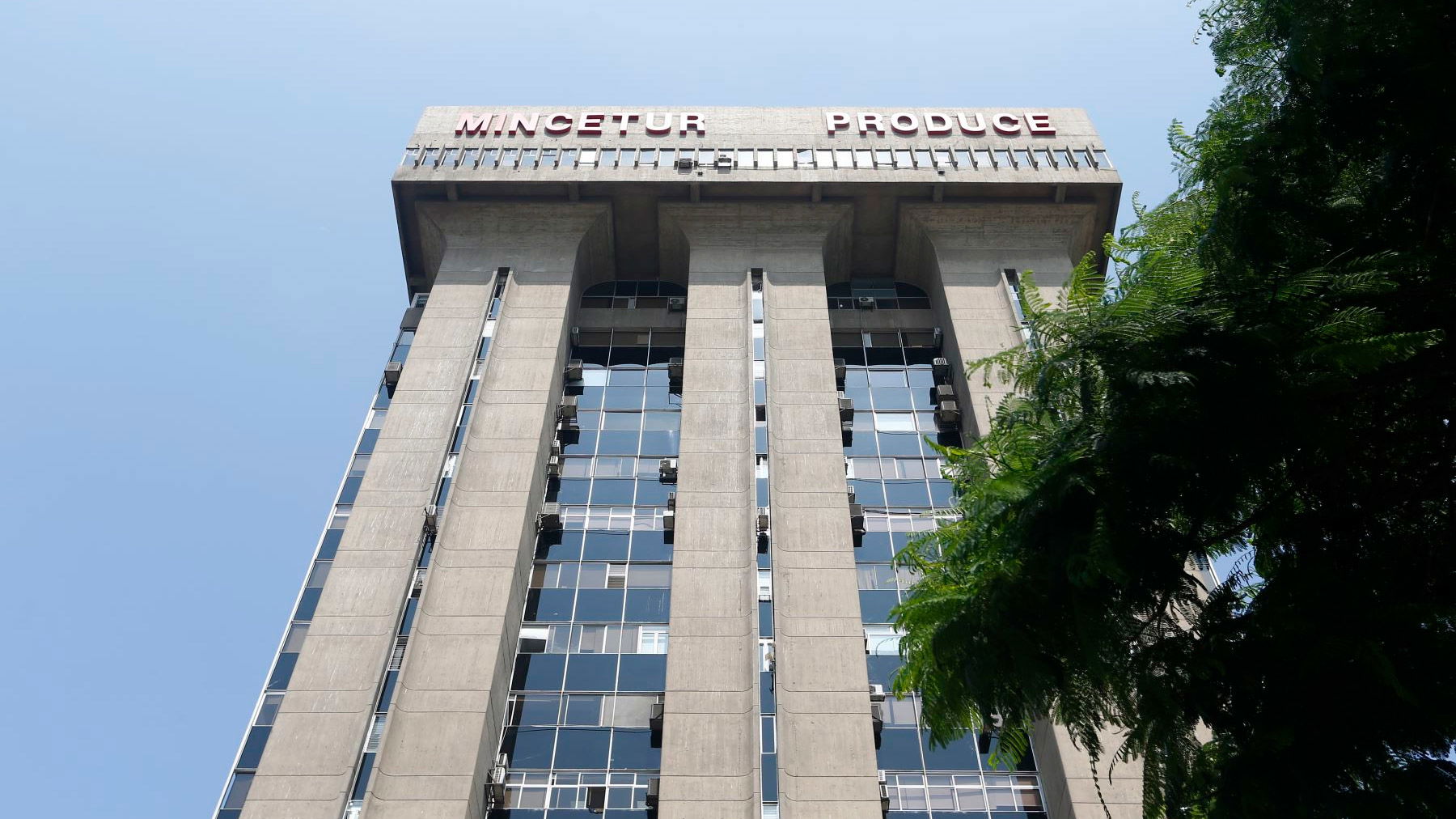Philippines authorities shut down 214 illegal Chinese offshore gambling operations

Philippines authorities have shut down 214 illegal Chinese offshore gambling operations for failing to pay taxes and royalties, among other violations of the law. Additionally, officials informed that they have deported the first six out of 372 Chinese workers who have been detained under a renewed crackdown.
A rise of crimes victimizing Chinese workers at illegal online gambling businesses, including reports of kidnappings and sexual abuses, sparked the crackdown and calls for the banning of even legitimate operators in the lucrative industry.
Chinese-run gambling firms based in the Philippines, also known as Philippine offshore gaming operators (POGOs), began growing rapidly in 2016, generating about 30 billion pesos ($508 million) in gambling revenues and fees from 2016 to this year, officials said.
The current crackdown is directed against Chinese operators who have not paid taxes or revenue shares or have committed other violations of the law. Justice Assistant Secretary Jose Dominic Clavano told Associated Press he estimated that 48,000 mostly Chinese workers will have their visas canceled and will leave the Philippines on their own or face deportation.
Since September, 372 Chinese workers have been detained by Philippine authorities, out of which six have already been deported. According to the latest reports, Chinese authorities are still verifying the identities of the other citizens before they are deported.

"All of these illegal POGOs cannot operate in the country and the people who work for them are violating our laws and we should make sure that they leave our country," said Justice Secretary Jesus Crispin Remulla, as reported by the Associated Press.
In September, the Chinese government reinforced its cooperation with the Philippines to tackle crimes related to POGOs. Chinese ambassador to the Philippines, Huang Xilian, said in a statement that China opposes gambling and takes strict measures against it.
It is believed that more than 200,000 to 300,000 Chinese citizens worked in online gambling when the business peaked in 2016, thus boosting real estate, transportation, and food businesses in the cities where they were based. However, a considerable number were forced to leave due to sporadic government crackdowns, a more stringent tax law, and the coronavirus pandemic.
Philippine Senators are currently debating whether to ban POGOs operators in the country altogether. "It is true that they contribute to the coffers, but it comes at significant social costs, which in turn pose a reputational risk that can affect our business and investment climate," Senator Grace Poe told a Senate hearing on the issue early this month.


















































